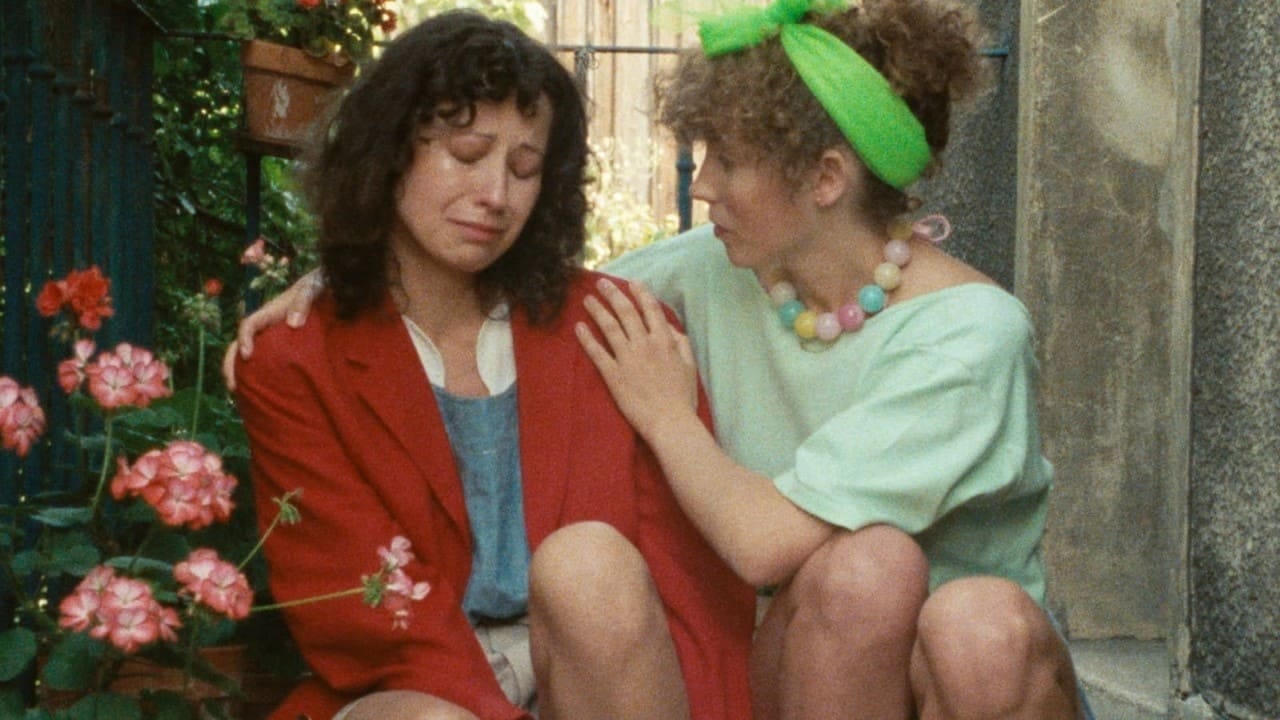(I want summer’s sad songs, behind me)
Lately I’ve been thinking about summertime in the Southern Hemisphere. Specifically, the layering of the holiday period and summer season that results in an intensity of experience and expectation. The churn of December, fresh significance of January and dragging heat of February. The transition from frantic end of year parties and desperation to make the year count to the reemergent, triumphant energy of the new year, the falsity of the ‘clean slate’. Pressure and disappointment around the holidays with loved ones. And all of this with the protagonist feeling of summer behind it.
For me, summer brings with it a frantic feeling that can be isolating. I feel a rampant pressure to be making plans, to both see and be seen with people and to do something meaningful, something that counts. It reminds me of New Year’s Eve - an exercise in spectacle and ceremony, and often just a hollow charade.
I feel an oppressive, Plathian summer - like New York’s ‘queer sultry summer’ in The Bell Jar. Summer as a thick oppressive heat that sits heavy and forms a barrier between people. Fever dreams of parties, romance and cocktails, but no real sense of connection. ‘The summer they electrocuted the Rosenbergs’.
Winter is the archetypical season of sadness. Countless cultural touchstones come to mind - the Brontës’ moors, nips of whisky on a brisk night, bleak concrete cityscapes soundtracked by ambient vinyl. The season lends itself to metaphor: it is the period of hibernation and intense retrospection. The vegetation is barren, days are shorter, food is stodgier and people are sleepier. We are prone to staying indoors, layering up, staying away from one another.
But summer has a sadness too, one that is perhaps all the more pervasive not in spite of its cheerful association, but because of it. Behind the long hot nights, the sweat marks left behind on leather seats, the insect bites snaking up your legs, the sunburnt shoulders and the backed up freeways returning to the city on a Sunday afternoon is a knotting feeling I have been trying to place. I think it’s somewhere between weariness and dread. And somehow, guilt.
It is a creeping realisation that this rich period of pleasure is finally here, what we have been waiting for, and it might not be as good as we thought it would be. Like the fading smiles of Dustin Hoffman and Katharine Ross on the bus at the end of The Graduate, there is a voice in the back of my head through December, January and February that maybe this is all there is. The expectation is always sweeter than the actuality.
Maybe I have too much of the Protestant work ethic in me. The subconscious attitude that bearing tough times and suffering through the frugality of winter demonstrates strength of character. That by doing so, and controlling your impulses, you will be rewarded and brought closer to God. And what is summer if not the season of impulse and hedonism? It is our reward for the cruel depths of the winter, but rewards can be hard to accept. The Protestant work ethic mandates that this hedonism is something that must be earned. And have we really done enough to deserve it? Summer is the gorging that comes after the starve, except our stomachs have now shrunk and we quickly feel nauseous and gluttonous. And in turn, a thin veneer of guilt appears that coats all of summer’s frivolities.
It is this gulf between the promise of summer and the reality that feels so stark. This feeling often makes me feel disconnected from people. After all, Australia is the platonic ideal of the summer country. The surfers, cricket on TV, the summer barbecue. Eskies and Paddle Pops and condensation streaming down your pint glass.
And it is true that the Australian winter is a bleak affair. Poorly insulated houses and limited forms of winter-specific cultural activities have many of us fleeing the country. And, unlike in the Northern Hemisphere, no Christmas or New Years parties to break up the monotony. But I feel the intensity of the summer experience strengthens this winter dull, which in turn amplifies the expectation of the summer. An endlessly reinforcing pleasure principle cycle.
My summer coping mechanisms stray little from those the rest of the year round. Pairing hedonism with grounding activities, escaping to Sydney for beauty and a decent swim, watching dreary Polish films with friends.
I’m also taking solace in Rohmer’s 1986 film The Green Ray, or as it was known under its North American release, Summer. The film follows Delphine, a sensitive and brooding young woman, as she wanders sizzling Paris in July desperately finding ways to fill her vacation time. Recently heartbroken, she tries and abandons two vacation spots before begrudgingly settling in French Basque Country. She doesn’t want to be alone, and yet she isolates herself and flees from those who attempt to get close to her.
Delphine’s experience of summer - of heightened expectation, anxiety and disappointment - is one of few that I find relatable. There are no pool parties here, no late nights spent giggling and scheming for the future with friends. As for the summer fling, the concept feels so laden with inevitability as to turn it more bitter than bittersweet. Lana Del Ray’s Summertime Sadness comes to mind.
And yet at the end of The Green Ray, Delphine is still holding onto a kernel of hope. Hope for real love and true happiness, manifested by the real but illusive green flash that can be seen on clear days as the sun sets. As she overhears a group of people discussing the symbolism of the green ray, she is reminded of her desire to feel true connection.
The allure of summer is that it can offer us all this same redemption and a new start. And maybe it will yet.
(Delphine, The Green Ray)




